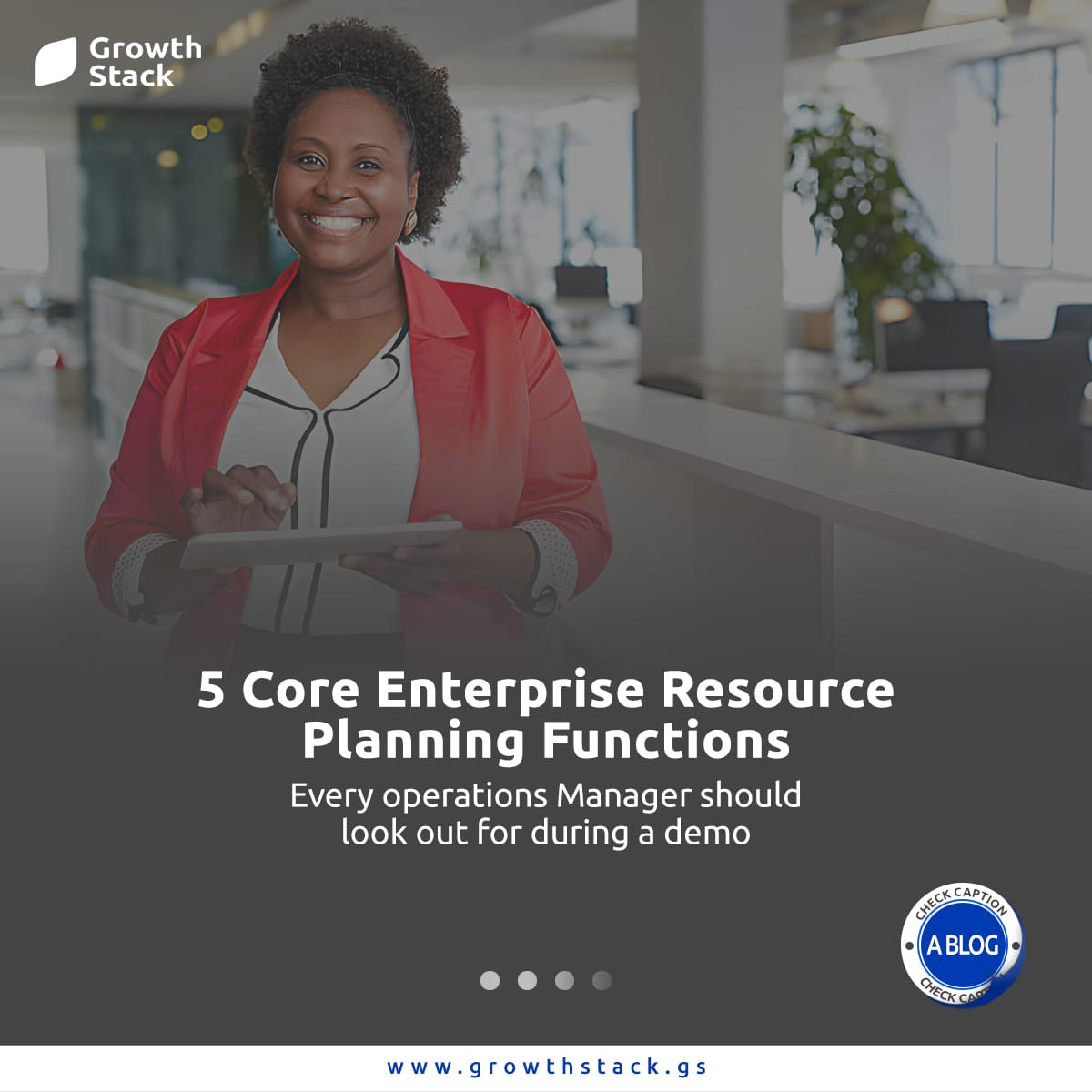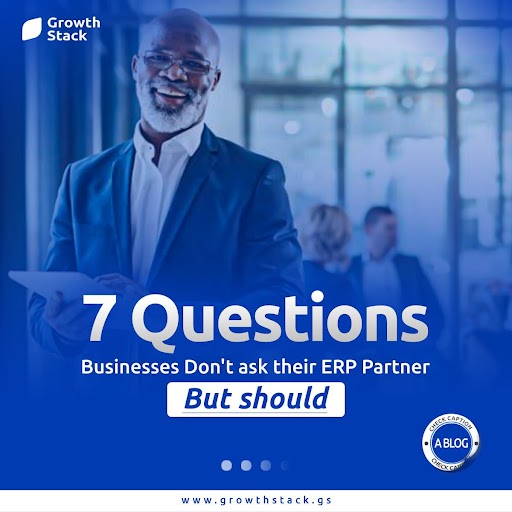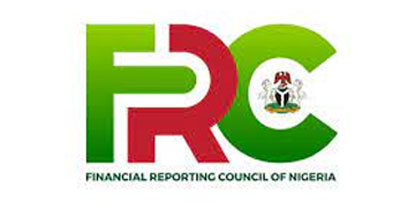Which Payroll Software, HRMS or ERP, Is Best for You?
HR experts are seeing a wide variety of payroll software on the market as a result of the technical developments in the payroll sector nowadays. HR professionals are undoubtedly spoiled for choice when it comes to choosing a payroll software for their company, with options ranging from Human Resource Management System (HRMS), Human Resource Information System (HRIS), and Enterprise Resource Planning (ERP).
Nevertheless, while payroll software aims to make life easier for HR departments by automating the majority of the challenging payroll process, which is better when comparing HRMS against ERP alternatives for managing payroll?
HRMS is a type of software.
In essence, an HRMS aids a business in tracking staff-related data, which may or may not be dynamic. This covers changeable information like unused or used annual leaves, a worker’s performance at work and appraisals, as well as other activities related to people management. These data are retrievable whenever needed and can be stored. HRMS might also be used to monitor employee performance and even forecast future trends that could help with hiring and personnel planning.
ERP is a type of software.
The ability to integrate different types of data into one system is provided by an ERP that handles payroll. It performs an improved job of automatically updating payroll with the necessary data elements in several aspects. For instance, an ERP like Odoo might assist in assisting to block off time from the employee’s leave schedule to update the person’s compensation elements and travel reimbursements. This support could be provided to an employee who is being sent on an international assignment. However with HRMS, each of these has to be manually entered.
Which Payroll software is superior in terms of user experience?
Compared to ERP, HRMS is frequently thought of as being more user-friendly and payroll-specific. It is simpler to incorporate new alterations when it comes to payroll or statutory changes because HRMS are more HR-focused. Also, testing these new HR improvements is simpler than testing an ERP, which requires consideration of external effects on other departments like accounting.
However when it comes to integrating financial data elements like currency conversions or project codes into the payroll system, ERP has the advantage. These details frequently need to be manually added into an HRMS, whereas in an ERP, they would already be present and easily accessible for payroll purposes. To include these extra data items in the ERP, nevertheless, it occasionally can be necessary to create a distinct cost center. This could result in unforeseen expenses and added delay.
Conclusion:
Which Software Should You Select Between HRMS and ERP, there is no clear winner when it comes to payroll software. In the end, it comes down to what suits each company’s needs and organizational structure the best. In essence, it is strongly advised to conduct the essential market research on both HRMS and ERP before determining which program is best for the company.
















